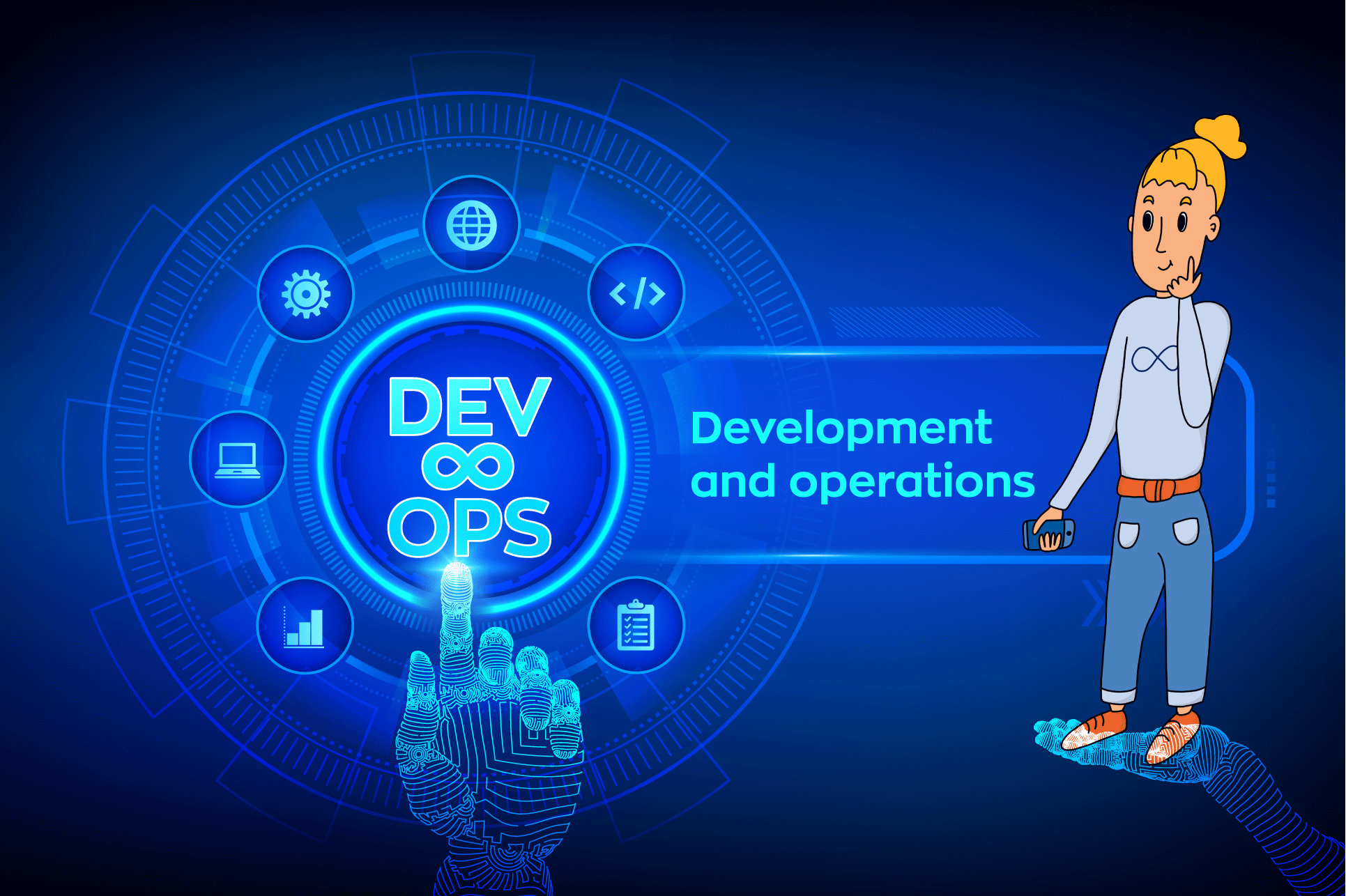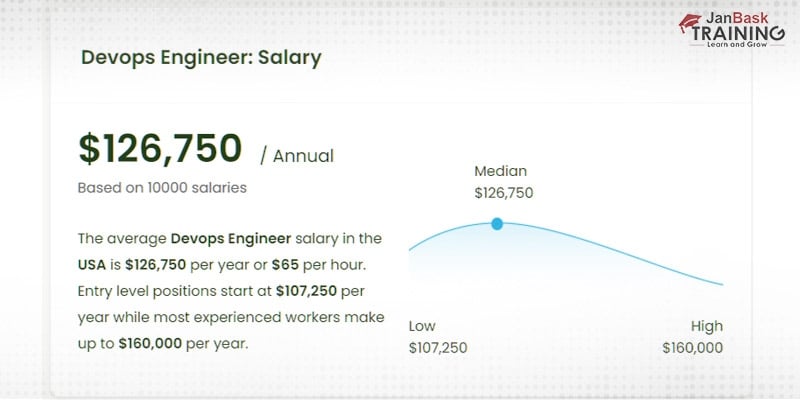
The way software development and IT operations work together to produce effective, continuous, and seamless software solutions has been transformed by DevOps. The need for qualified DevOps engineers has increased as DevOps concepts are increasingly being adopted across sectors. DevOps engineer wages have therefore been influenced by this increase in demand, attracting attention from both professionals and businesses. This article will examine the patterns affecting DevOps engineer salary.
Rapid Growth And Skill Scarcity:
The fast expansion of DevOps as a cultural and technological technique has resulted in a severe lack of qualified DevOps engineers on the employment market. Experts in cloud computing, infrastructure automation, continuous integration, and continuous delivery are in high demand in today’s business world. Wage inflation is on the rise as a result of companies’ growing readiness to pay more for talented workers.

Demand In All Sectors:
The demand across a variety of businesses is one of the main elements driving up DevOps engineer salaries. Every industry, from e-commerce and entertainment to banking and healthcare, understands the need of effective software delivery and deployment. The need for talented DevOps engineers has crossed industry borders as firms in a variety of disciplines integrate DevOps methods into their processes.
Cloud Computing’s Influence:
DevOps engineers’ pay has been significantly impacted by the widespread use of cloud computing platforms. DevOps practices now include cloud services like Amazon Web Services (AWS), Microsoft Azure, and Google Cloud Platform (GCP). Particularly in demand are engineers with knowledge in managing, deploying, and optimizing applications on cloud systems. Due to the strategic value it brings to an organization’s operations, this specialty often attracts greater wages.
Efficiency And Automation:
The cornerstone of DevOps approaches is automation. DevOps engineers that are skilled at building and maintaining automated pipelines for managing infrastructure and delivering software are in great demand. The effectiveness, scalability, and dependability of an organization are directly impacted by this skill. Businesses want to reduce human involvement and increase productivity, thus engineers who can create reliable automation solutions often get competitive pay.

Competencies And Certifications:
A professional’s knowledge and abilities are confirmed by certifications in DevOps technologies and processes. These qualifications enable individuals to execute successful DevOps efforts and are often associated with better wages.
Experience Matters:
DevOps engineer wages are significantly influenced by experience. A significant asset is a professional with many years of hands-on expertise in creating, implementing, and maintaining DevOps pipelines as well as dealing with scalability and security issues. Employers are prepared to provide experienced DevOps engineers with attractive remuneration packages if they can manage teams and participate in strategic decision-making.
Conclusion:
DevOps engineers are essential to contemporary software development and IT operations. The need for knowledgeable DevOps engineers is anticipated to increase further as organizations continue to emphasize agility, efficiency, and quick innovation. To position themselves for competitive pay packages, professionals thinking about a career in DevOps should concentrate on developing their knowledge of cloud technologies, automation tools, and relevant certifications. As DevOps professionals use AI, employers may benefit significantly from investing in DevOps skills by allowing more efficient operations and quicker software delivery. The shifting compensation structure highlights the crucial role that DevOps engineers play in advancing technology across sectors.



